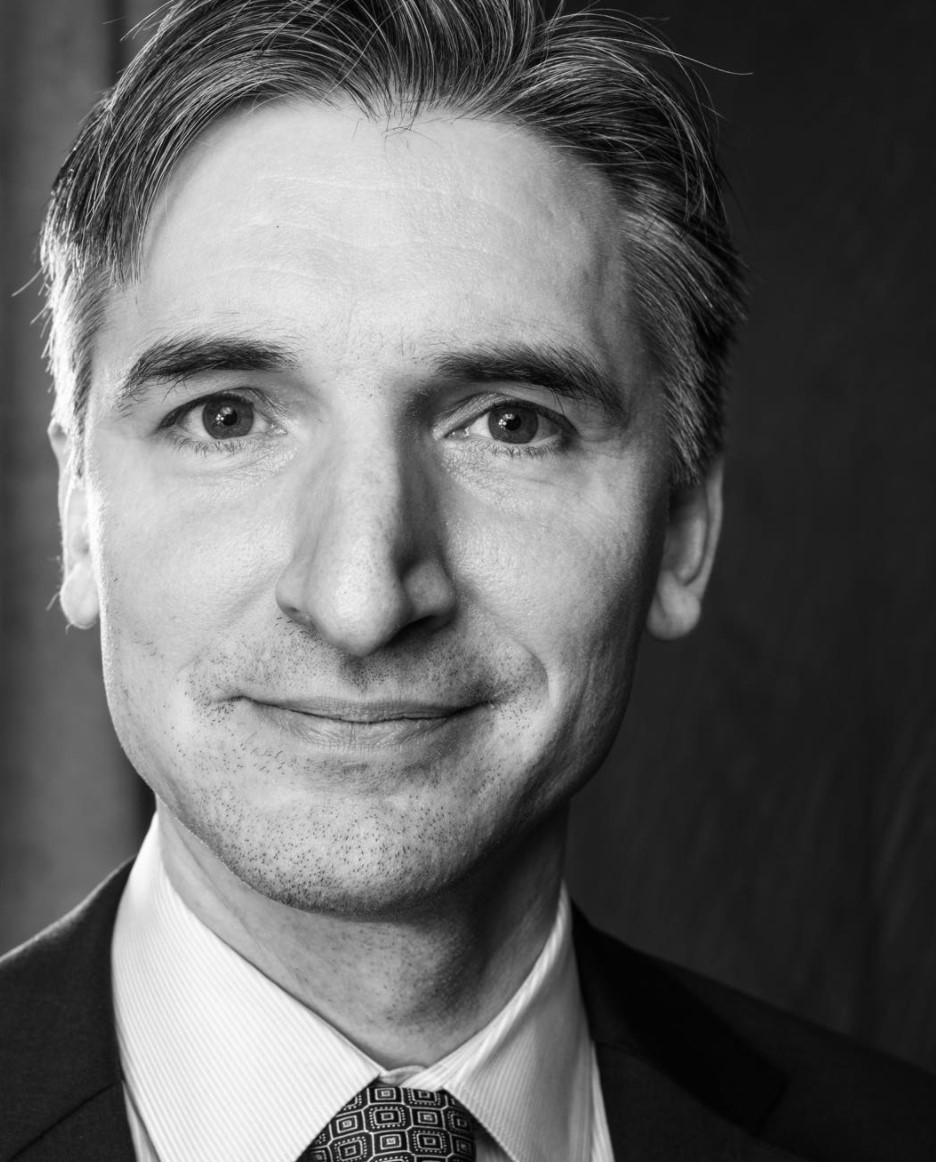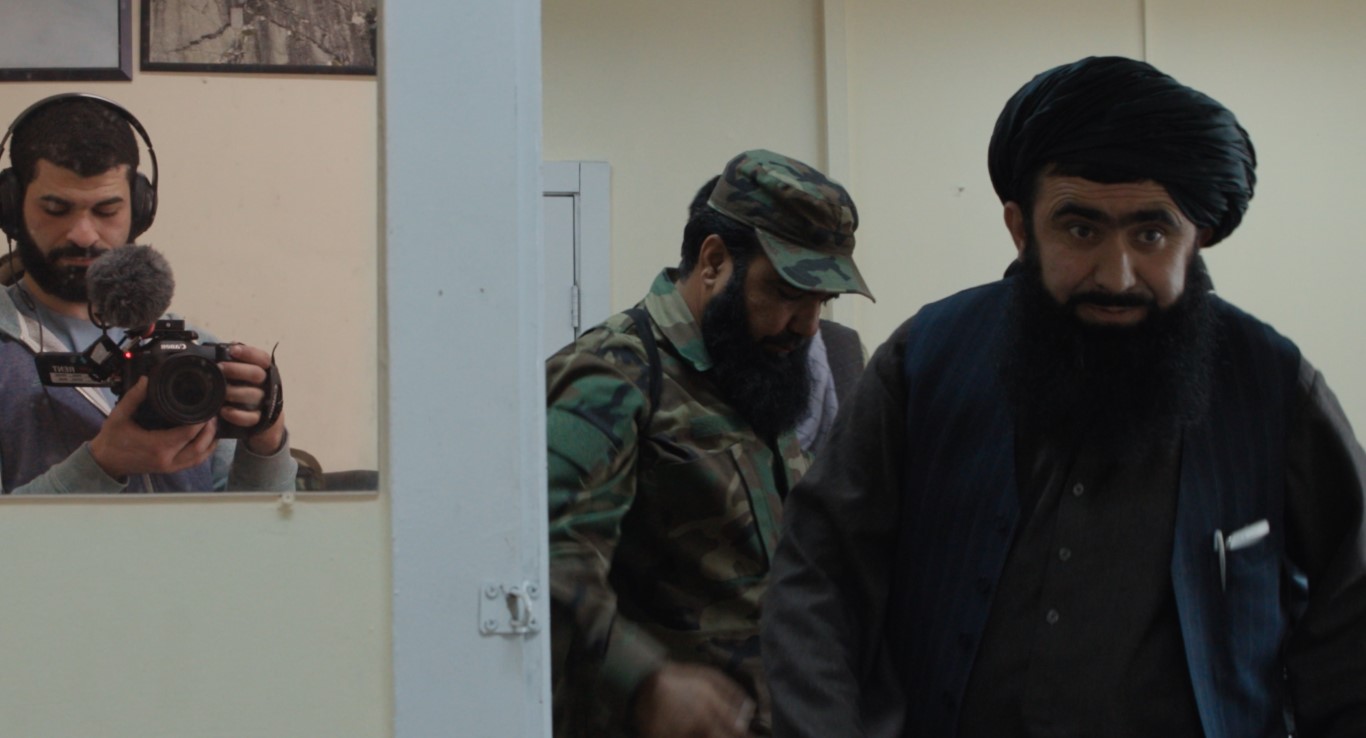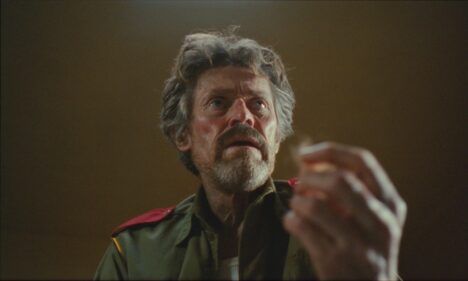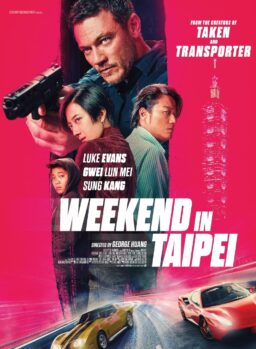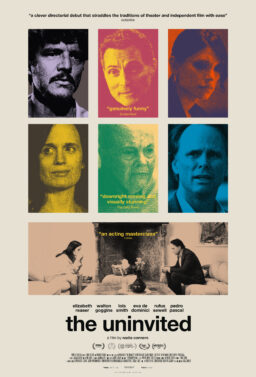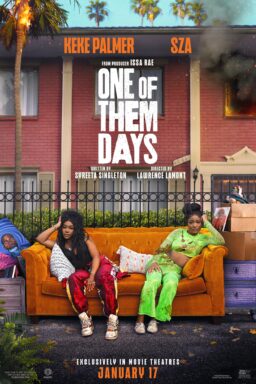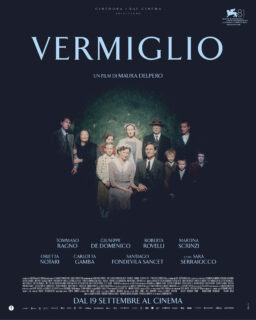In the summer of 2021, U.S. forces completed their withdrawal from Afghanistan, 20 long years after the War on Terror began. By that point, though, most American had stopped thinking about that invasion, and as a result many never knew what happened after our military’s departure. In short order, the Taliban seized control of the country, leaving its future in peril.
Americans may have put that part of the world out of their collective minds, but others refused to forget, including Egyptian journalist Ibrahim Nash’at. Working at outlets such as Al Jazeera and Voice of America, he has interviewed world leaders, but had never visited Afghanistan. That is, until he journeyed to Kabul after the U.S. departure, convincing local Taliban officials to let him shadow them as they took over an abandoned base known as Hollywood Gate. Impressed with his résumé of covering political movers and shakers, the Taliban agreed to this unusual degree of access, hopeful that Nash’at would cast them as glorious victors. But what they and Nash’at found at Hollywood Gate shocked them, quickly realizing that the departing forces had left behind some of the estimated $7 billion worth of U.S. armaments that remained in Afghanistan, including military aircraft. We hadn’t just ceded power to the Taliban—in essence, we had helped arm them to the teeth.
“I went in thinking that my movie is going to be about how the Taliban finds the Americans’ shampoos,” Nash’at tells me over Zoom from Berlin, where he’s based. “I never expected this. My whole journey [was] a question mark of ‘How did this happen?’ And I hope that we can find a way of not making this happen again.”
To survive the harrowing experience of filming the Taliban, which lasted roughly a year, Nash’at had to make himself small, practically invisible, a nonentity. The resulting documentary, his first full-length feature, is “Hollywoodgate,” an unnerving piece of observational cinema that, as Nash’at’s brief voiceover suggests, attempts to do nothing more than present viewers with what he witnessed during his time with the Taliban at the base. There are no on-camera interviews, just a careful examination of how these military forces made themselves at home in this abandoned base and then began becoming accustomed to their new role as Afghanistan’s rulers, these men’s barbaric views on women on full display.
Because Nash’at and his subjects didn’t speak the same language, he needed an interpreter during filming. But it wasn’t the only challenge the 34-year-old faced while making “Hollywoodgate.” Below, the somber director discusses undergoing therapy, the benefit of not interviewing the Taliban, and why he doesn’t want U.S. viewers to forget their complicity in what has happened to Afghanistan.
How do you emotionally and mentally prepare for what you were going to have to endure? You were putting yourself in grave danger.
I really appreciate that question, and it’s important to talk about this, but I would rather talk about that this was a choice—me going to Afghanistan was a choice. I picked to spend time with the Taliban, but the Afghans never, ever chose to be in the situation where they are. The suffering and mental struggles and the therapy that I had to go through does not compare in any way to the daily suffering of the Afghans. So, really, I would rather keep the focus on the suffering of the Afghans rather than thinking about my own suffering.
All that I have to say regarding this topic is that I worked with [producer] Talal Derki from the first day. Talal did “Of Fathers and Sons,” and we got a lot of sessions of preparation, psychologically and mentally, of how I can spend a lot of time [with the Taliban]. We had a lot of conversations of how can one be prepared for nonexisting, basically, and not having to give his own opinion or take part [in] what’s going on around him. Of course, it was a lot of hardships, and I had to go through a lot of therapy.
What were the initial conversations like with the Taliban? How did you explain the kind of film you wanted to make?
I went to them when they were euphoric about winning the war. They were accepting so many journalists—they were trying to say, “We are Taliban 2.0. We are different.” I went in and I said, “I would like to show the world your image without putting my own point of view on it. Whatever I will see, I will try to show. I’m never going to make you heroes, I’m never going to make you villains—I’m just going to show what I saw.” I met with so many of them to be able to get access—everybody that I met, I always said the same [thing] for the whole year that I’m in there.
Sometimes, journalists have to be a bit ingratiating with their subjects in order to get them to open up. But that seems an especially fraught proposition when you’re dealing with the Taliban.
I understood that I’m in a military space, I’m dealing with military people—if there’s an order, you need to follow the order. The moment we got the access, whatever they would say, I would respect. So, if they say, “Don’t show the filmmaker that,” I would not try and go and see why they said, “Don’t show the filmmaker that.” Very rarely, I would break the rule—for example, the first time I saw the airplanes [in the base], I thought, “I’m never going to see them again.” They said, “Don’t film airplanes,” [but I] sneaked a shot because I expected that this is not going to happen again. Near the end [of the year], when I knew that I’m leaving, I started to take more risks.
Throughout the whole process, [they] were accepting the fact that I exist in [this space], so I never forced them to film when they were grumpy or annoyed. When I felt that I myself cannot handle it anymore—when I was feeling that this emotional fire is starting inside me—I would leave the country, go to Germany, do therapy, and come back again.
There was give-and-take of making them somehow miss me when I’m not there. I understood the power game that I’m following people who have ego. They wanted someone to follow them—they’re happy that this guy who films a lot of world leaders [is] following them. I was always playing on that, but I always let them understand that I’m just a follower—I’m not someone coming with a personality trying to prove anything. I’m just observing—I’m just in the room. And, of course, the language barrier helped me a lot to keep this distance.

During that year, did you get the sense that they came to like you or saw you as a partner in helping them change their image?
Some of them, they were hoping I would become one of them—they were trying to use their propaganda tools on me, hoping that I would take it and then I would transfer it. There was always this preaching to me about who they are. I never contradicted this with a harsh [reaction] of “What are you talking about, man?”—I was always saying [nonchalant], “Oh, okay.” I told them about this weird guy who was holding the camera: “This weird guy doesn’t talk much. Because of the language barrier, we cannot communicate much with him, so let him be.”
I became part of this new space they got into—they were also new [to] the base. I didn’t go to their caves—the caves were their village. They were discovering the [base] and trying to understand the space, and I was there—somehow, this worked out that I’m part of this new experience. When they started to understand how to become a regime and, “Oh, this guy might be dangerous,” [filming] started to be very hard. But I was already inside [the group], so if they kicked me [out], I would talk to other people to return to where I was.
When you would go back to Germany for therapy, did you ever worry the Taliban wouldn’t let you back in?
It happened many times. At the beginning, I had a longer visa, but every time you leave, you have to renew your visa, so it started to become harder. Sometimes they said, “No,” so I had to try to talk to other people, and then one person said, “Yes,” and that person said to the other one, “Yes”—I would make them talk to each other. It was always a constant fight to make sure that I would come back.
You spend a lot of time filming Mawlawi Mansour, a Taliban leader who’s just become the new head of Afghanistan’s air force. Putting aside his worldview, did you think he was actually an effective leader?
I think he was trying to become one. I could see the people gathering around him, but at a certain moment he understood the amount of power he has and he started to slap people around, liking the fact that then they would kiss his hand. In the beginning, I saw him trying not to be [like] the [opposition forces] he was fighting, but I saw him becoming the ones he was claiming he was fighting. I saw this process happening in front of me. [Initially] he was nice and smiley and talking to people of lower ranks—and then started to be more distant, more distant, more distant.
What happens to leaders of the Taliban regime? The people around them do everything for them, and then they sit in their office: “They want me to sign here,” and he signs there. If the leader signs papers without reading them, I don’t know if I could call him a good leader. Yet, people would still follow him. He understands the tools he’s got—the power of religion, the power of [the] military, and a lot of power that makes him know that people will follow him anyways.
Everybody gets corrupted. Power is much stronger than any human being. What keeps the system in the U.S. working is that the Constitution is still holding up. At the moment someone is capable of breaking the Constitution, then you see dictatorship—easy.
What has been the response from American viewers to your film? It seems to me that many in my country want to forget our involvement in Afghanistan—we want to pretend that failure never happened.
The people who watched [the film], they want to make sure that they were reminded of the fact that the U.S. did this, reminded of what happened there so this [will] not happen again. Foreign policy should change, not allowing the U.S. to conduct such wars that would [lead to] such outcomes. Those who hope that the future is brighter and the mistakes are not going to be repeated want to make sure that this [film] is seen by every decision-maker to make sure that the Constitution is not allowing something like that to happen.
Those who just want to forget because it’s painful to understand “We [made] a mistake” is pretty much what the Taliban does as well. In the movie, [the Taliban soldiers] lost all of the medicines [at the base], and I stayed for three days waiting for them to talk about “How did we lose these medicines and how can we avoid such a mistake to happen again?” They never spoke about it. When totalitarian regimes do something good, they talk about it so much—when they do something bad, they try to bury it. If the system in the U.S. is following that [tendency], this is a big question mark—this is purely against the idea of democracy.
During filming, did you find any answers to why the American military was so thoughtless in leaving behind all these weapons and equipment for the Taliban? We must have known the Taliban would take it all.
The bigger question is, “Why did you go there [in the first place]?” I expected that I was going to do a movie to show the world in whose hands this country was left. I wanted to show the world that the U.S. and NATO left the country to the Taliban. I know that the media tends to forget because it’s not a hot topic anymore, and it becomes repetitive, so I want to make something to bring back the story of the Taliban and Afghanistan [to people’s attention] so we don’t forget them like so many places that were forgotten. This was my mission, but all of these weapons were, let’s say, a gift to make [my film] more interesting.

I imagine many will see “Hollywoodgate” because they’re curious about what the Taliban’s seizure of this base looked like. But they’ll also notice the glaring absence of the U.S. military—you only see the weapons and the personal items that soldiers left behind. And that absence is damning.
This is a movie about antagonism from both sides, and the only hero in this are the people who are suffering. We don’t see American soldiers in the film [but] we feel the presence of the Americans. We don’t see the [Afghan] people [but] we feel the presence of the people. When you put a couple of images back to back, they convey way more than what you see—this is the beauty of observation in cinema.
Because you spent so much time with the Taliban, did their behavior or attitudes ever become normalized for you?
It’s a coping mechanism—you wish to forget who you’re dealing with so you can have less trauma. This, I learned in therapy—at some point when I went to Berlin, I told the therapist, “Hey, I’m having Stockholm syndrome,” and she said, “No, that’s not Stockholm syndrome, you’ll have Stockholm syndrome later. That is just normal—you’re trying to find the similarities to live your day. If you get too close, just ask ideological questions.” Which was a brilliant suggestion. If someone offers you a brilliant meal, you [might think], “Oh, this food is great, I like you already,” but then I would directly put out an ideological question: “What would you do if your daughter wanted to become a judge?” Then they would open their mouth and say every single word that builds back the distance and reminds me of whom I’m dealing [with].
There are no direct interviews in “Hollywoodgate.” Were you ever tempted to utilize those?
I’m a big fan of observational cinema. I’m a big fan of Frederick Wiseman films—he’s my idol. I’m very happy—he came and saw the film [at the Venice Film Festival], and he liked it, which was the top of my career.
For me, a movie should not have voiceover and should not have interviews. If you have to do this, it’s one point less somehow. But also, I discovered that not doing interviews [with the Taliban] was another way of protecting me, because if you do interviews and you talk more, they understand what’s in your head through your questions and what answers you’re trying to get. Not asking questions—not coming close with interviews—was also a protection for me, which I didn’t realize then.
Once you spend your year with them, how do you find the film in the edit?
We tried to create a Shakespearean drama like “Macbeth.” I tried to make sure that I don’t make another “Godfather,” because “Godfather” has this backlash of being a positive movie. But when we sat down to edit, we said, “This is not ‘Macbeth,’ because Macbeth ended horribly—he died. But [Mansour has] a parade. How can you make a movie like that?”
We found, finally, the best way [to put together the film] is to use my story—which I was refusing in the beginning to have at all—as the tool that leads the story. It opens the story, it ends the story—we just put the viewer in the place of the cameraman.
Of course, you can’t fully convey what it felt like to be in that abandoned U.S. base. Is there something you learned from being there that we don’t see in the movie?
What I experienced [but] didn’t serve the story is that I went through the books in the soldiers’ rooms. Most of them are about trauma and pain and therapy, which directly put me in the understanding that the pain is the same. Everyone here was feeling pain because it was war. War is just making everybody suffer on both sides—this was something that was really, really heavy on my shoulder.
Making this film, what was the ratio of sadness to anger that you felt? Both feelings are legitimate, of course, but what was your mindset most of the time?
I’m not an angry person in general. Maybe I was raised in a way that I think anger is a [bad] feeling—I learned through [this] process that it’s not, but also therapy taught me that. Most of the time, I was sad but, really, I was confusing the idea of being angry by only being able to express it as sad, because angry is a negative emotion and sad is an acceptable emotion. Before therapy, I could not know the difference—both of them were one thing to me, expressed as one thing: sadness.
You made it through this experience, but I worry that “Hollywoodgate” is just another reminder that war is never-ending. The Taliban will keep fighting—the U.S. and other nations will as well. It’ll never stop.
This was my thought. One thing that I could not move past is the obscene power of those who worship war. And by that, I don’t mean only the Taliban—I mean anyone who worships war and the pain that they caused for generations. We keep paying the price of that. You see the world today, everybody’s just paying the price, everywhere.
